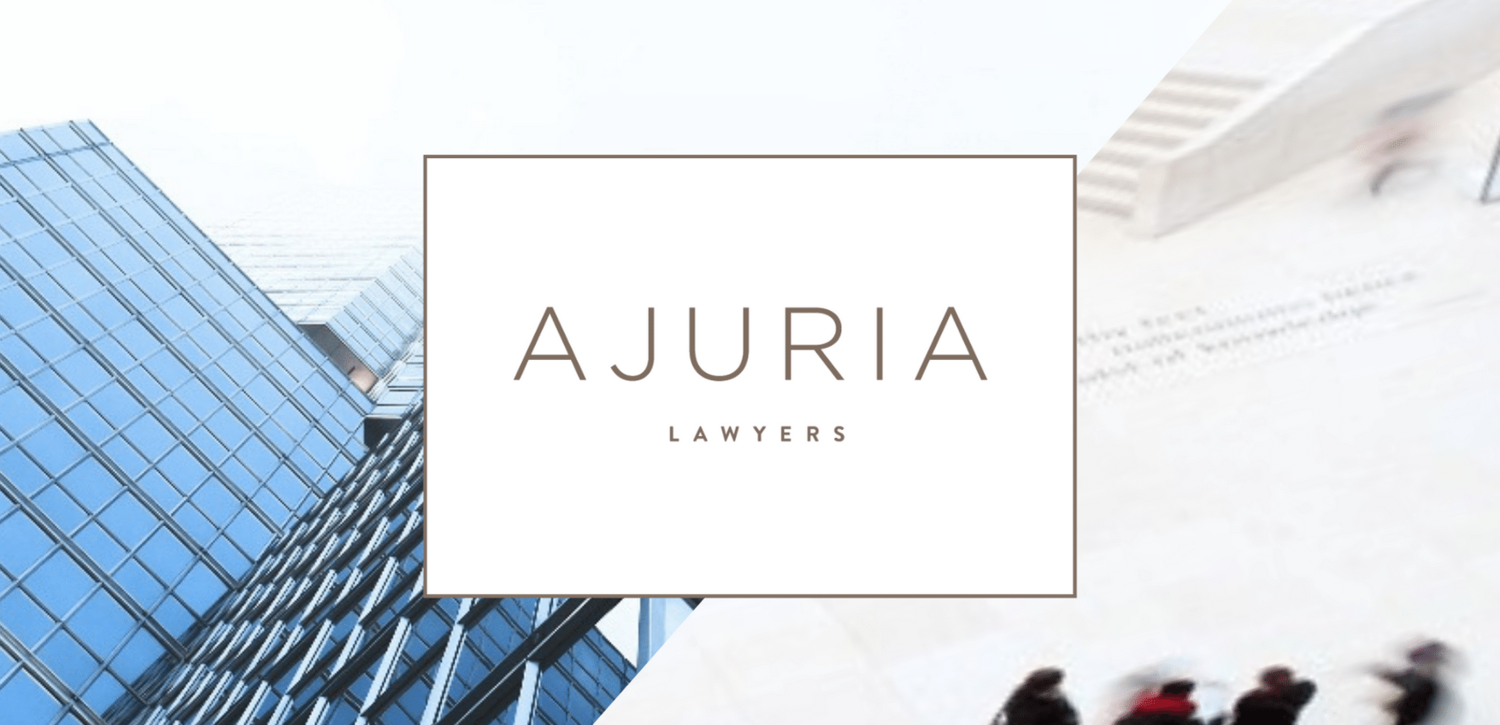Ajuria’s Karen Lo clarifies a few tricky immigration topics, such as Visa consultations and controversial visitors entering Australia
Entertainment visa and union consultations
Production companies who want to bring overseas cast and crew members into Australia must first consult the relevant unions as part of the visa process.
The unions do not need to approve the import of foreign talent before the entertainment visa is granted, but the Department of Home Affairs does expect that the union’s concerns, if any are raised, are addressed before the visa can be granted.
The relevant union depends on the role that the cast or crew will play in the production.
For performers (stage, TV, film) and all crew members supporting these types of productions, the Media, Entertainment and Arts Alliance (MEAA) must be consulted. This includes those paid by the cast direct and not the production company (e.g. managers, personal assistants). This kind of support staff is still considered to be coming in for work and cannot come in on business visitor visas.
The MEAA often mirror the guidelines for the Foreign Actor Certification Scheme which is published by the Department of Communications and the Arts.
The MEAA often focus on the proportion of Aussie talent being used compared to overseas talent. In particular, if there is funding from government agencies, they may query if Aussie actors are given sufficient screen time or lines based on the script.
The Department of Home Affairs will not grant the visa unless the concerns have been addressed in some way. Given the visa application can often be the last step before the production schedule kicks off (or even is sometimes only considered after the schedule starts), we recommend that Ausfilm members get immigration advice on union consultation and the visa process as soon as possible if foreign cast and crew is likely to be required – even if who exactly will be cast is not known yet at that point!

Australian immigration: Who does the Government consider a ‘controversial visitor’?
The Australian immigration system has detailed laws that act as a watchdog. These laws are intended to safeguard the Australian community from visitors deemed to be potential risks due to their “character”. The Minister for Immigration has extensive powers to refuse or cancel a visa on character grounds.
Visa applicants who have a substantial criminal record or are reasonably suspected to be a ‘Controversial Visitor’ will generally not be allowed to come to Australia. Even if they have been already granted a visa, and have travelled to Australia, these laws can be cancelled while they are in the country, forcing them to depart.
These issues often come up in the context of entertainment visas, particularly when the visa applicant is a high-profile individual with well-publicised character issues.
If refused or cancelled for character reasons, it can be extremely challenging to get someone back to Australia and they can face 3-year bans from the country. Those who get their Australian visa cancelled for character reasons may be banned permanently unless the Minister for Immigration chooses to revoke the cancellation.
The Department considers people “controversial visitors” if they:
- would pose a risk or are a danger to the Australian community, or a segment of the Australian community in any way;
- advocate extremist views such as a belief in the use of violence as a means of political expression;
- have incited, or promoted hatred against a group or individual distinguished by race, sex, religion, nationality, or national or ethnic origin or is associated with a group or organisation that does the same
- have engaged in speech likely to result in some form of harm to the community, such as views that could jeopardise public health (e.g. the vaccination status of high-profile individuals);
- have a record of behaviour linked to disregard for law and order;
- are a high-profile individual with a criminal history or other controversial views, where a decision to allow the individual to enter or remain in Australia is likely to be a matter of public and media discussion or debate.

These are just some examples of when someone would be considered a controversial visitor who would not be allowed in the country. The list goes on to include people who have committed war crimes or affected foreign policy interests.
Anyone who has concerns about a potential controversial visitor can make a referral to the Department of Home Affairs’ Controversial Visitors Unit. This includes general members of the public as well as visa processing officers.
This unit works with the National Character Consideration Centre (NCCC), the Department of Foreign Affairs and Trade (DFAT) and potentially the media by coordinating talking points and briefings with these stakeholders.
Some recent cases include alt-right political commentator Milo Yiannopoulos whose visa was cancelled in 2019 after he made comments on the Christchurch mosque terrorist attacks on Facebook ahead of his speaking tour in NSW. Another was rapper Tyler the Creator who was referred to the Controversial Visitors Unit by the Collective Shout, a local feminist group. The group petitioned to the then Minister for Immigration Peter Dutton to have the rapper’s visa refused on character grounds on the basis that his lyrics encouraged and glorified rape and violence against women.
It’s important to have an open discussion about any potential character matters with incoming foreign cast and crew as soon as possible as these issues can quickly derail production schedules if not addressed upfront.
This is the case even if the character matter was from many years ago or fairly minor – it’s best that they get advice on what the risks of cancellation or refusal of their visa are as soon as possible as the Department can often apply a very subjective assessment to the character laws.
For even minor character matters, they may also demand to see a lot more documentation such as police clearance certificates and written statements on the character matter, before they can grant the visa. This can delay the process significantly and must be advised on a case-by-case basis.
Karen Lo is a partner at Ajuria Lawyers, widely regarded as one of Australia’s leading specialist immigration law practices, offering immigration advice and assistance to businesses across all industry sectors, ranging from start-ups to multinationals.

Karen oversees the entertainment division at the firm, helping bring in talent to Australia for indie productions to large productions with hundreds in production crew numbers. Karen specialises in employer-sponsored work visas and has advised on and managed corporate immigration programs for clients including lobbying the government and other stakeholders on their behalf to bring about positive change in immigration law and policy.
Prior to joining Ajuria Lawyers, she worked in the then Department of Immigration and Border Protection, processing complex Partner Visas and worked for the Office of the Migration Agents Registration Authority, delivering sanction decisions against migration agents who had committed serious breaches of the Code of Conduct, including migration fraud.
